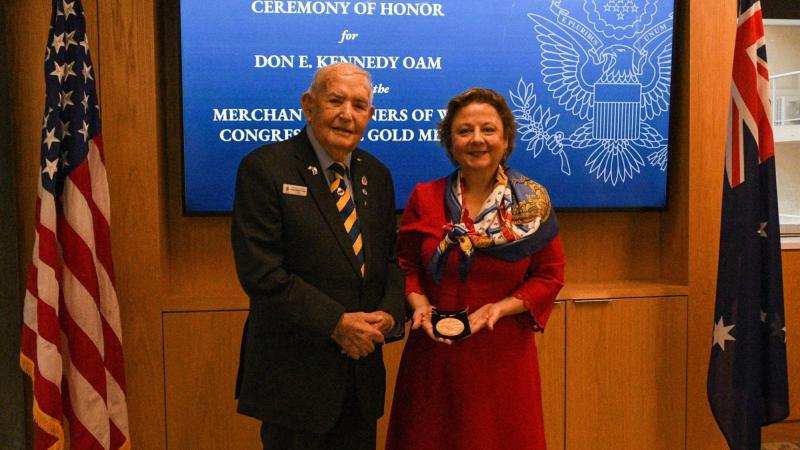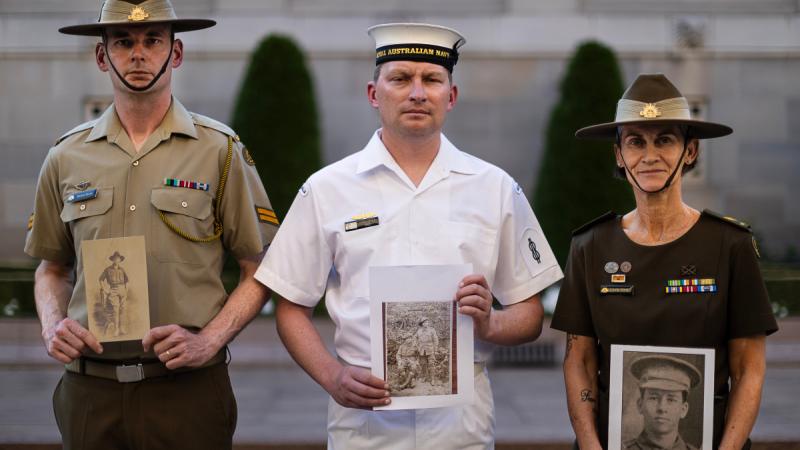
The Coalition of Peaks today released a ground-breaking report on the 2019 community engagements with Aboriginal and Torres Strait Islander people about their views on what should be included in the new National Agreement on Closing the Gap. The report is called, ‘A report on engagements with Aboriginal and Torres Strait Islander people to inform a new National Agreement on Closing the Gap’.
The Coalition of Aboriginal and Torres Strait Islander Community-Controlled Organisations (Coalition of Peaks), in partnership with governments, led a comprehensive community engagement process between September and December 2019.
The engagements demonstrate a new way of working between Aboriginal and Torres Strait Islander people and Australian governments by putting the voices of communities at the centre of the development of the new National Agreement.
“This community engagement report highlights the conviction of the Coalition of Peaks that, if Australia is to truly Close the Gap in life outcomes between Aboriginal and Torres Strait Islander people and other Australians, there needs to be a new way of working established between us and governments,” said Pat Turner AM, Lead Convener of the Coalition of Peaks, CEO of NACCHO and Co-Chair of the Joint Council.
“Engagement processes with Aboriginal and Torres Strait Islander people like this one rarely take place in Australia. I am proud to say the engagements led by the Coalition of Peaks in partnership with Australian governments, implemented this ground-breaking and historic approach,” Ms Turner said.
Nearly 1700 Aboriginal and Torres Strait Islander people responded to an online survey, while more than 2300 individuals attended over 70 face-to-face meetings that were held in cities, regional towns and remote communities in every state and territory.
Key findings of the engagements:
- The three priority reforms were overwhelmingly supported by Aboriginal and Torres Strait Islander people who participated in the engagements for inclusion in the National Agreement.
- An additional, fourth priority reform emerged on shared access to and use of data and information to support decision making by Aboriginal and Torres Strait Islander people and governments.
- New Closing the Gap targets are needed, such as for the preservation of culture and languages, and existing targets need to be further developed, such as to expand health targets to include mental health and suicide prevention.
The primary focus of the engagements was on three proposed priority reforms to change the way Australian governments work with Aboriginal and Torres Strait Islander people:
- To develop and strengthen structures to ensure the full involvement of Aboriginal and Torres Strait Islander people in shared decision making, embedding their ownership, responsibility, and expertise to Close the Gap
- To build formal Aboriginal and Torres Strait Islander community-controlled service sectors to deliver Closing the Gap services and programs
- To ensure all mainstream government agencies and institutions that service Aboriginal and Torres Strait Islander people and communities undertake systemic and structural transformation to contribute to Closing the Gap
New Closing the Gap targets were also discussed, including reviewing the targets agreed in draft by the Council of Australian Governments (COAG) in December 2018.
Additional key findings include:
The importance of establishing and maintaining formal partnerships, such as written agreements, between governments and Aboriginal and Torres Strait Islander people, were an important way of achieving priority reform one and were needed at a national, state/territory and regional/local level.
Priority areas for developing and strengthening formal Aboriginal and Torres Strait Islander community-controlled service sectors, in response to priority reform two, included housing, aged care and disability support.
Priority reform three requires mainstream service delivery to Aboriginal and Torres Strait Islander people to be reformed to address systemic racism and promote cultural safety, and to be held much more accountable.
The need to build on the national structure of the Coalition of Peaks to allow state/territory-based coalitions of peak bodies to develop where they do not currently exist.
Improving engagement by governments with Aboriginal and Torres Strait Islander people on changes to policies and programs to ensure it is done fully and transparently.
Informed by the engagements, the new National Agreement is being negotiated between the Coalition of Peaks and Australian governments. It is expected to be finalised and made public before the end of July 2020.
On 16 January 2020, the Coalition of Peaks also released a Community Engagement Snapshot which provided a high-level summary of what was heard during the engagements. The snapshot was accompanied by an independent review of the quality and effectiveness of the engagements. The independent review concluded that the “campaign to mobilise the community to participate in the engagements was effective” and that the “engagements were open, fair and transparent”.
The engagement report can be accessed here: https://coalitionofpeaks.org.au/wp-content/uploads/2020/06/Engagement-report.pdf
— Ends —
About the Coalition of Peaks: The Coalition of Peaks is a representative body of around fifty Aboriginal and Torres Strait Islander community controlled peak organisations and members. The Coalition of Peaks came together on their own as an act of self-determination to be formal partners with Australian governments on Closing the Gap.
Members are either national, state or territory wide Aboriginal and Torres Strait Islander community controlled peak bodies including certain independent statutory authorities. Their governing boards are elected by Aboriginal and Torres Strait Islander communities and / or organisations.







